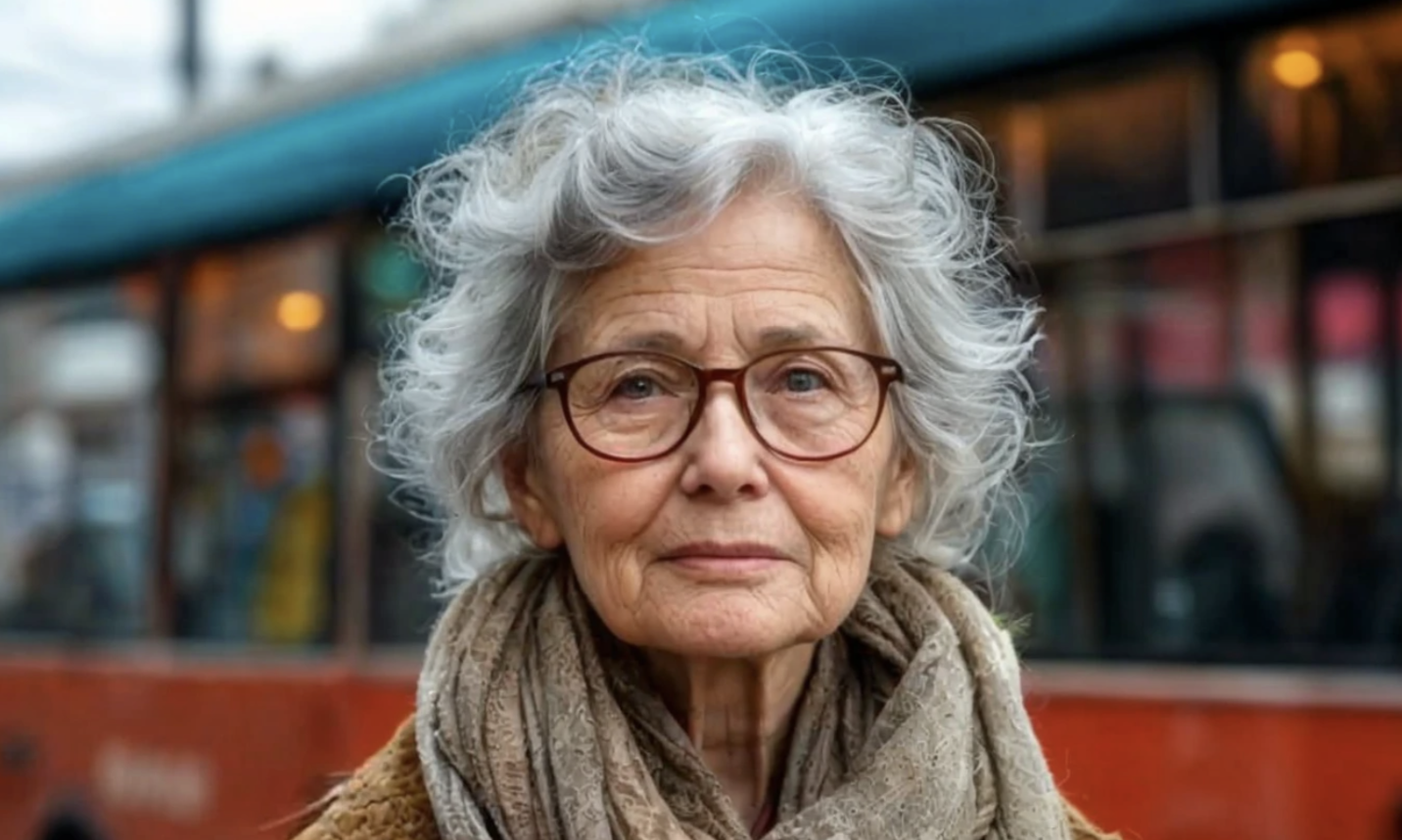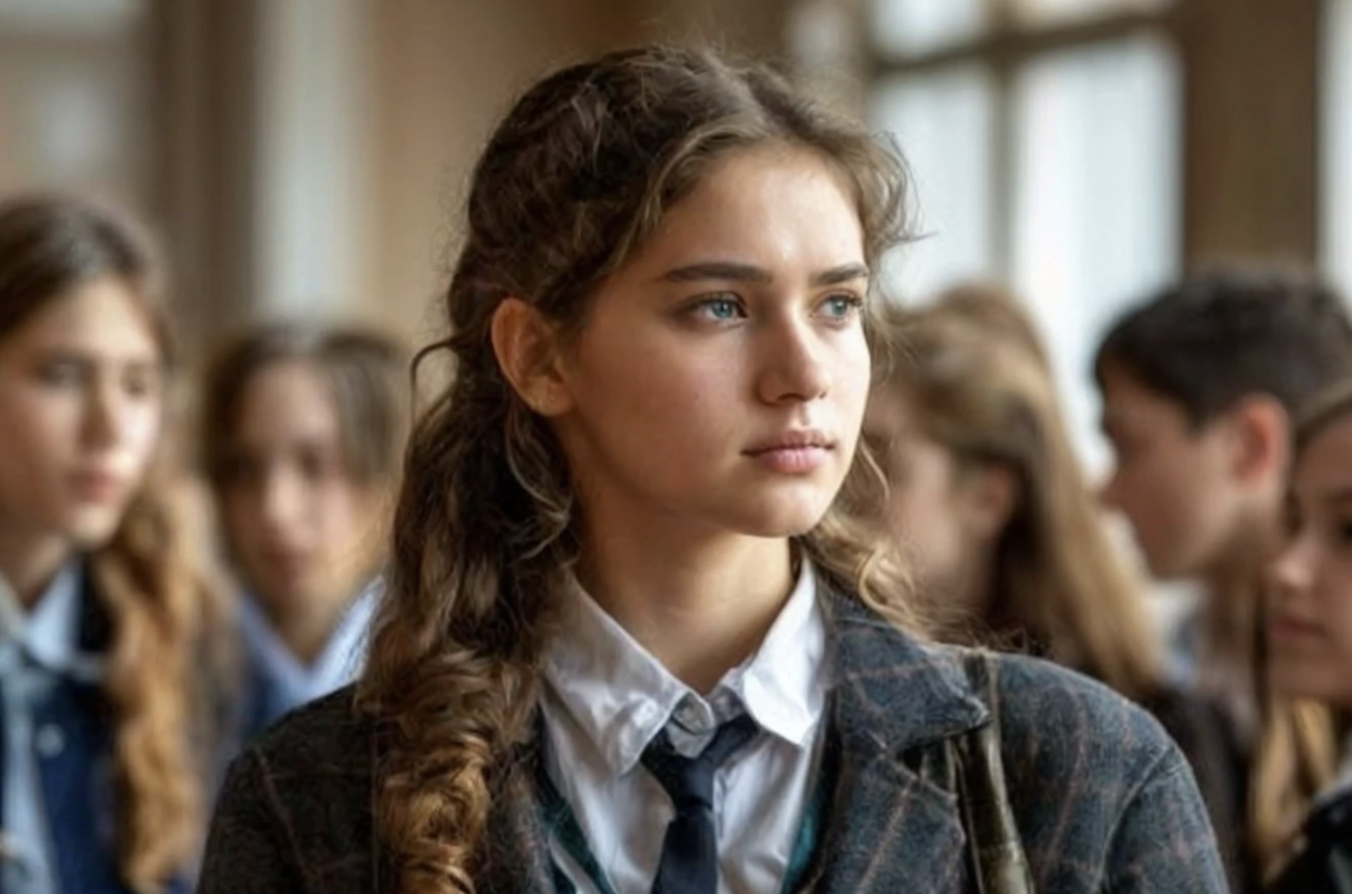Her husband cheated, and she responded in such a way that he will never forget the lesson
Dear, unfortunately, we’ll have to cancel our dinner at the restaurant,” Ivan said sadly, looking at his wife with regret. “Why?” Kira asked, disappointed. “It’s our wedding anniversary on Saturday. We’ve been looking forward to this day. What happened this time?” “I know you’re upset. Believe me, it’s hard for me too, but the … Read more









